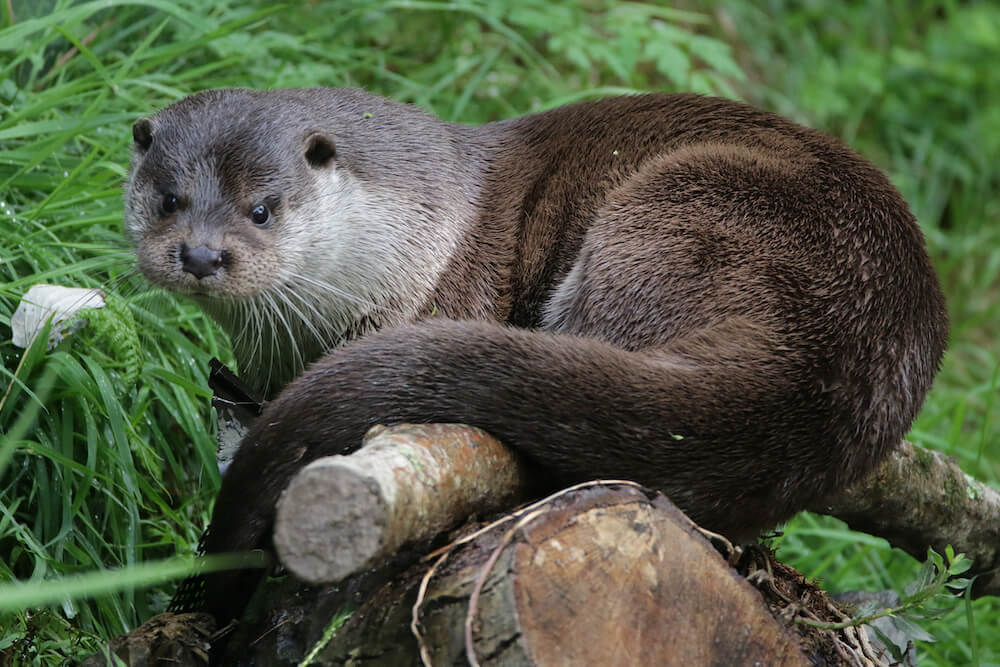Joe.
With any introduction or re introduction of species, what we always seem to see is an initial spurt.
As per barbel in the Severn, crayfish, and other types of mammals....rabbits in Oz for example.
This happens until a balance gets achieved according to environmental factors, available food etc.
Otter expansion has been fast. Obvious from the sightings now being made.
There will eventually be a balance achieved, but meanwhile they have a serious affect on fish populations. More so due to the Eel numbers.


